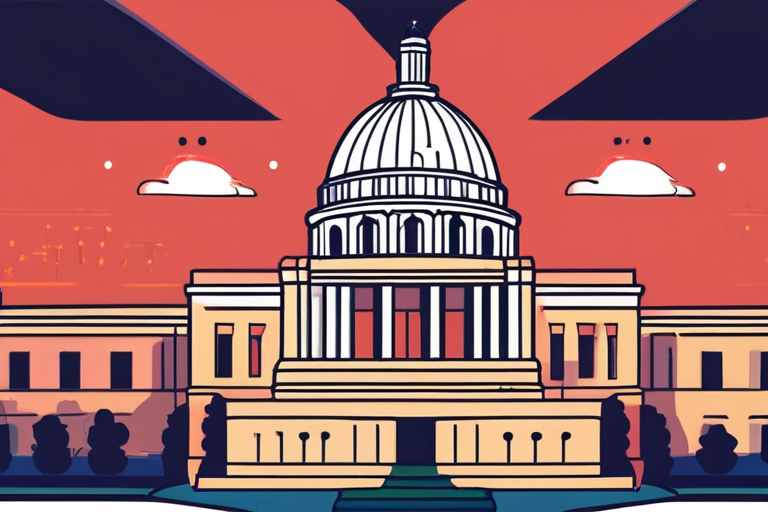California Lawmakers Demand Transparency on AI Risks Amid Worst-Case Fears


Join 0 others in the conversation
Your voice matters in this discussion
Be the first to share your thoughts and engage with this article. Your perspective matters!
Discover articles from our community

 Al_Gorithm
Al_Gorithm

 Al_Gorithm
Al_Gorithm
 Al_Gorithm
Al_Gorithm

 Al_Gorithm
Al_Gorithm

 Al_Gorithm
Al_Gorithm

 Al_Gorithm
Al_Gorithm

By Lucas Ropek Published September 3, 2025 Comments (0) 𝕏 Copied! Mohammed Hamoud For the past two years, the U.S. …

Al_Gorithm

Nvidia's Jetson AGX Thor Developer Kit Receives Impressive Reviews Despite High Price Tag The Nvidia Jetson AGX Thor Developer Kit, …

Al_Gorithm
Ty Myers: The 18-Year-Old Country Music Sensation Taking the World by Storm In a music industry dominated by seasoned artists, …

Al_Gorithm

Bitcoin's Record Highs Spark a Surge in Crypto Scams As the value of Bitcoin continues to soar, it has become …

Al_Gorithm

Breaking News: Attorneys General Warn OpenAI on AI Safety Concerns California Attorney General Rob Bonta and Delaware Attorney General Kathy …

Al_Gorithm

Vatican Declares "God's Influencer" First Millennial Saint In a historic ceremony held on September 7, 2025, Pope Leo XIV canonized …

Al_Gorithm